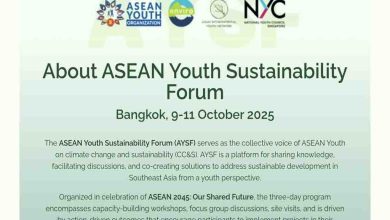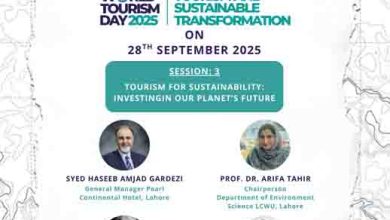Anticipated floods of 2024- IR Pakistan calls for sustained efforts to address climate fueled monsoon floods
Islamabad/Quetta/Karachi/Peshawar, 2nd September – Weeks of heavy rains in Pakistan have once again triggered the risk of displacement among communities that were already devastated by the 2022 floods and are still in the process of rebuilding their lives and livelihoods. These recurring floodwaters have forced thousands of families across the country to grapple with more disease, displacement, and death.
According to the National Disaster Management Authority (NDMA) 306 lives have already been lost to the relentless rains and with over 117 000 people affected, these numbers may continue to rise. Urban areas face the collapse of sanitation systems, increasing the threat of waterborne diseases while healthcare in rural settlements is on the brink of failure. Women and girls, already trapped in cycles of genderbased violence, are particularly vulnerable in this deteriorating context, with the floods amplifying their suffering and exposing them to even greater risks.
“We are once again facing the harsh reality of climate change in Pakistan, where lives are being lost and people are being forced to flee their homes. The 2022 floods taught us that the emergency lacked sufficient visibility and a ‘business as usual’ approach is ineffective in such crises. Although our disaster preparedness and contingency planning have improved, the real test of our capacity will come if this situation escalates into a mega disaster,” said Asif Sherazi, Country Director of Islamic Relief Pakistan. During these difficult times, IR Pakistan is responding to the pressing and most immediate needs such as water, food and tents.”
The torrential rains of 2024 have unleashed a catastrophic series of events, including flooding, landslides, GLOFs, and severe damage to vital infrastructure such as roads, bridges and houses.
IR Pakistan is working closely with governments and partners to respond to the impacts of the floods by providing lifesaving assistance to affected populations. In South Punjab and Balochistan, IR has provided emergency shelters, hygiene kits, food packs, cooking utensils and dignity kits and other lifesaving items to over 3000 people and is supporting the relocation of those affected to safe and less floodprone areas.
Authorities have forecasted more rains till 5th of September in various parts of the country. Provincial Disaster Management Authority (PDMA) Balochistan has announced 10 districts calamity-hit including Kalat, SuhbatPur, Ziarat, Lasbela, Awaran, Kachi, Jaffarabad, Usta Muhammad, Loralai and Chagai.
Pakistan has seen erratic changes in its weather patterns in recent years that scientists have blamed on climate change. This year, the South Asian country recorded its “wettest April since 1961,” with 59.3 millimeters of rainfall, while some areas of the country faced deadly heat waves in May and June. In 2022, unusually heavy rains triggered floods in many parts of the country, killing over 1,700 people, inflicting economic losses of around $30 billion, and affecting at least 30 million people.







